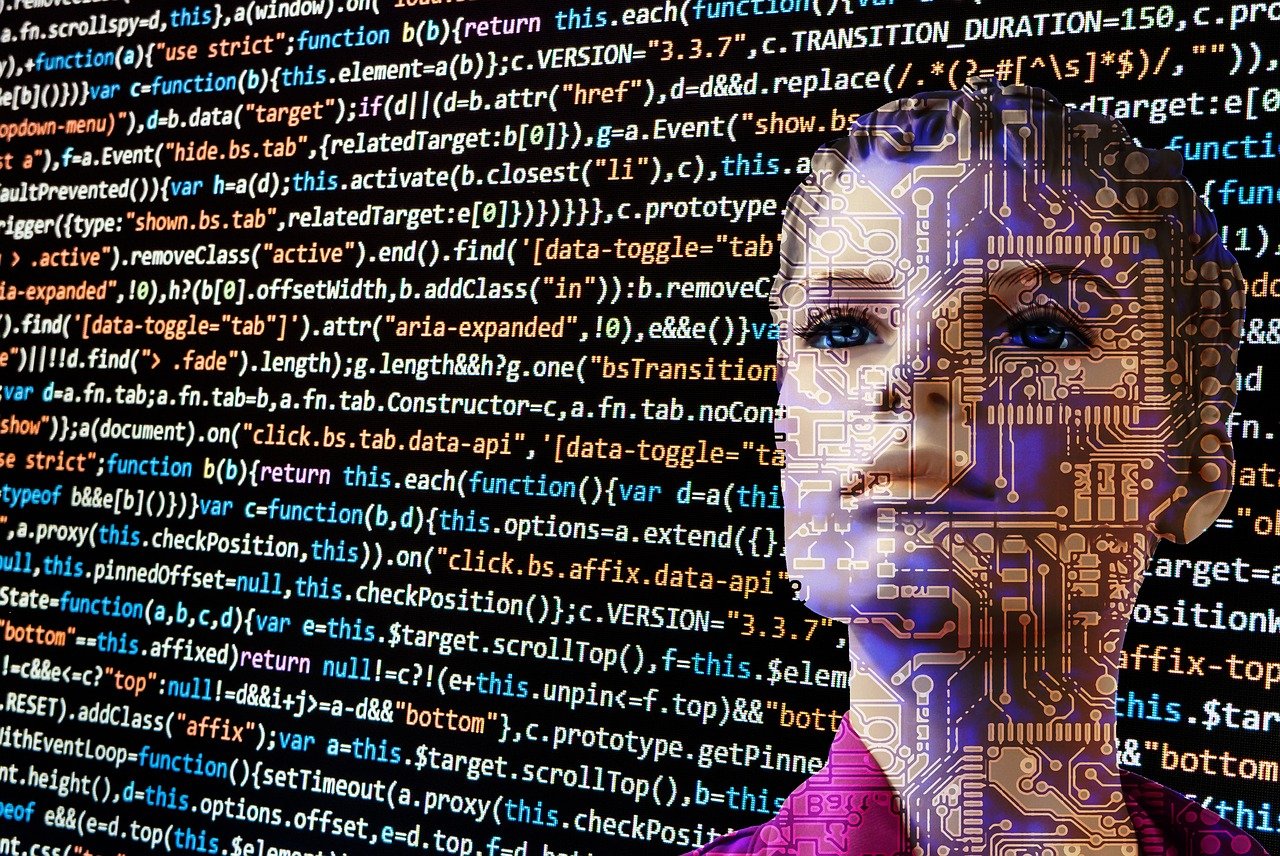Please check the information entered!
- Please check the information entered
A log-in email has been sent to your email address
Forgot password? Reset password
The University of Cambridge has announced a five-year agreement with AstraZeneca and GSK to fund a new centre at the university, which aims to use AI to make medical discoveries, accelerate the development of precision medicine and develop new treatments.
The Cambridge Centre for AI in Medicine* (CCAIM), as it is known, will support five new PhD studentships per year, enabling the best and brightest young minds in machine learning and bioscience to partner with leaders in industry and academia, wherever they may be in the world.
CCAIM has been set up as a cutting-edge research group, comprising 10 University of Cambridge researchers, as well as world-class PhD students, currently being recruited. Together, they will develop AI and machine learning (ML) technologies aiming to transform clinical trials, personalised medicine and biomedical discovery.
The centre’s Director is Professor Mihaela van der Schaar, a world leading researcher in ML, and the Co-Director is researcher-clinician Professor Andres Floto. The faculty also includes Dr Sarah Teichmann FMedSci FRS, Head of Cellular Genetics at the Wellcome Sanger Institute and founder and principal leader of the Human Cell Atlas international consortium.

Image credit: Image by Gerd Altmann from Pixabay
One of CCAIM’s aims will be to bridge the gap between the disparate and complex fields of AI and medicine. To achieve this will require building from both sides simultaneously, hence the diverse coalition of leading scientists and clinicians at the centre.
By working closely with scientists and leaders from AstraZeneca and GSK, these multi-disciplinary experts from the University of Cambridge will identify critical challenges facing drug discovery and development that have the potential to be solved through cutting-edge academic research.
Speaking about the new centre, Professor van der Schaar said: “Machine learning has the potential to truly revolutionise the delivery of healthcare, to the great benefit of patients, clinicians and the wider medical ecosystem. But to realise this potential requires true and deep cross-disciplinary understanding – a great challenge because we speak different languages. CCAIM is designed to break down the barriers between machine learning and medical science, to create a unique forum in which we can work together to truly understand the challenges, formalise the problems, and develop practical solutions that can be readily implemented in healthcare.”
* Discover more at https://ccaim.cam.ac.uk/